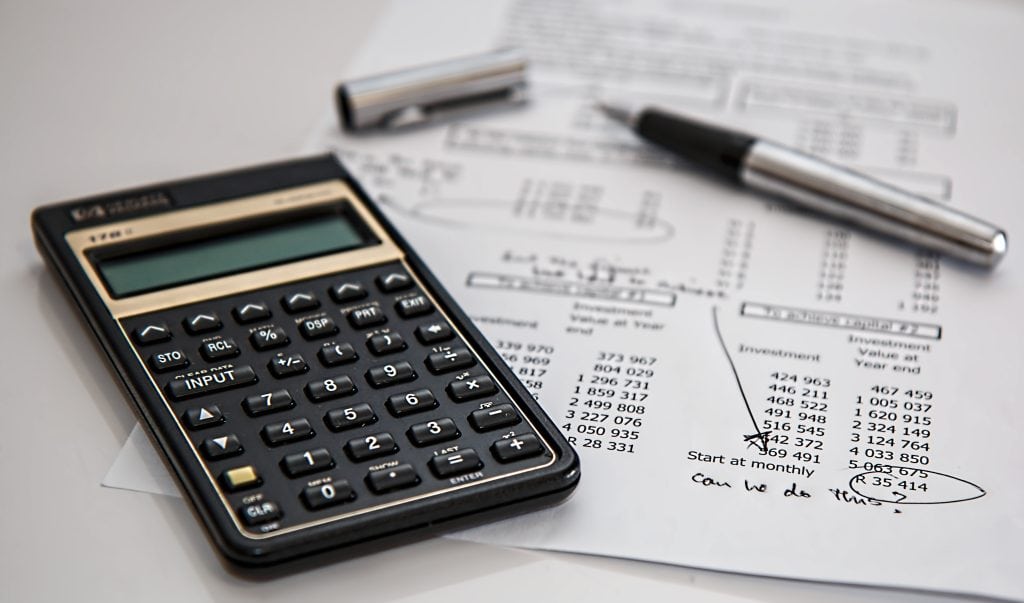Crypto Tax in Malaysia: What’s Taxable & What’s Not?
Since it was introduced in 2009, crypto has surged in global popularity including in Malaysia.
In late 2022, 36% of Malaysian respondents in an Oppotus survey were reported to own crypto – showing an increase of 16% compared to two years ago.
That same year, Focus Malaysia also reported that the crypto ownership in Malaysia ranked highly at 20% which was above the global average of 15%. The statistic came with an estimated assets worth of RM21 billions.
But there’s always a common question among Malaysian crypto investors if crypto is taxable. Here’s the answer from LHDN about it.
In 2021, LHDN clarified that crypto is taxable only if traded and not as an investment. However, later in 2022, more detailed guidelines on Tax Treatment of Digital Currency Transactions were released.
So, what defines the taxability of crypto in Malaysia?
| Taxable | Non-taxable |
| Trading (continuous,systematic & active) | Investing (occasional) |
| Mining of digital currencies | Mere acquisition and disposal of crypto |
| Receiving and paying for business transactions in crypto | Receiving crypto as a result of free distribution or splitting |
| Paying salaries and wages to employees in crypto | Exchanges of crypto |
What factors are considered by LHDN when determining the elements of trade?
- Nature of subject matter: crypto earned can be regarded as a subject of trading when bought in large quantities
- Length of ownership: The shorter the holding period, the more likely it will be regarded as held for trading
- Frequency of transactions: High frequency of similar transactions of digital currencies is more indicative of trading than an isolated transaction
- Supplementary work: Any additional work done to make it more marketable or extra effort to find or attract purchases will be regarded as trading
- The circumstance of realisation: Not in need of sudden urgent of cash or threat of foreclosure by creditors
- Motive: If a person undertakes activities in a business-like manner such as developing a business plan, preparing accounting records, and advertising crypto business, the intention is definitely to do a crypto-related business
- Mode of financing: Short-term financing is more indicative of trading than long-term financing. The company’s financial position and ability to hold on to the crypto will also be taken into consideration
- Other factors: Other factors include whether there were any feasibility studies conducted, the availability of documentation or other evidence maintained by the company to indicate its intention regarding crypto
How do you calculate the crypto tax in Malaysia?
The financial tax year in Malaysia annually runs from January 1 to December 31.
Keep in mind that you will only need to calculate crypto tax if you’re a day trader or earning income in crypto. In the case of you earning monthly income in crypto, you will need to pay income tax rates based on the fair market value at the time of acquiring your crypto salary. https://mostbet-games.net/pt-pt/
For example, if you receive 0.5 BTC on January 1 and at the time of receiving it, Bitcoin was trading for RM50,174, then you’ll have to pay income tax rates on RM50,174.
How to pay crypto tax in Malaysia?
In summary, Malaysia is already crypto tax-free. But of course, not for day traders and those who earn in crypto.
Save yourself the hefty penalties and even jail for not paying the crypto tax by filing your income tax return before April 30 via an online portal called e-Daftar.







